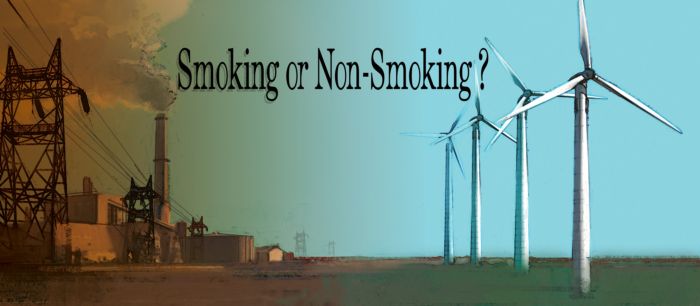
Austin Energy will make a recommendation to City Council in August of their future generation plan through 2020. According to their website, “an important component of the planning process is input from the community” — but as of April, only about 300 people had filled out Austin Energy’s survey. Through the survey, you can give Austin Energy a quick gut reaction of what kind of an energy future you want: one with more coal and nuclear (boooo, hisssss, cough cough cough), or a non-smoking future fueled by renewable energy and efficiency (cheers, jubilation!). We need as many Austinites as possible to fill out this survey and send the message loud and clear: say goodbye to our dirty energy past and look to a brighter energy future!
For a quick background on Austin’s current energy mix, check out the following video from our friends at PowerSmack:
[youtube=http://www.youtube.com/watch?v=LqYd_AIpH8o&feature=player_profilepage]
According to Austin Energy’s survey, Austinites get about a third each of their power from coal, nuclear, and natural gas, and about 10% from renewables. Looking at their draft generation plan, they are looking to change that mix to 26% from coal and nuclear power, 44% from natural gas, 5% from biomass, 22% from wind, and 3% from solar by 2020.
That plan may be an improvement from what we’ve got now, but it doesn’t show near the vision and leadership that Austin Energy ought to provide. Imagine what kind of a message it would send if Austin Energy actually tried to divest itself completely from coal — and shut down the Fayette Coal Plant!
That’s right folks, Austin — that Central Texas shining star of wierdness, environmental stewardship, and progressive politics — has a dirty secret. We own half of a coal plant, along with LCRA. And 16% of the South Texas Nuclear Project!
GHASP! Skeletons in the closet.
Ghasp indeed — and skeletons in the closet for real. We all know how bad coal is, and the Fayette plant is spewing toxic emissions into the air every day on our behalf. A total of 44 people die early deaths as a result of these emissions every year.
But Austin Energy’s expected proposals don’t put a priority on shutting down Fayette. That’s why, along with our friends at PowerSmack, we’re launching a new campaign to try to convice Austin Energy and the City Council to shut down Fayette. Don’t sell it — don’t pawn those emissions off on someone else. Shut. It. Down.
James Hansen, one of the top climate scientists and greatest climate change advocates of our time, has said that the number one thing we can do to stop global warming is to stop using coal. Better, cleaner alternatives exist. We’re not looking for a silver bullet here, but through a mixture of aggressive solar, wind, geothermal, and energy efficiency — we can kick the habit.
But the first step is to admit we’ve got a problem. So fill out the survey, and tell Austin Energy you want your power to come from MUCH LESS coal and nuclear and MUCH MORE renewables and efficiency.
If a city as polluted as Los Angeles can commit to stop using coal by 2020, so can we. Let’s walk the walk.
 Just four days into summer, and we’re already are setting records for energy consumption in Texas. Yesterday
Just four days into summer, and we’re already are setting records for energy consumption in Texas. Yesterday  Earlier this week, Governor Perry announced that he would, in fact, call back legislators for an extended special session. What exactly this session will cover (voter ID? please no!) remains unclear, but the Governor has committed to addressing the “sunset safety net” bill that was left on the table.
Earlier this week, Governor Perry announced that he would, in fact, call back legislators for an extended special session. What exactly this session will cover (voter ID? please no!) remains unclear, but the Governor has committed to addressing the “sunset safety net” bill that was left on the table. Oral Hearing Set for June 10th-11th in Granbury, TX
Oral Hearing Set for June 10th-11th in Granbury, TX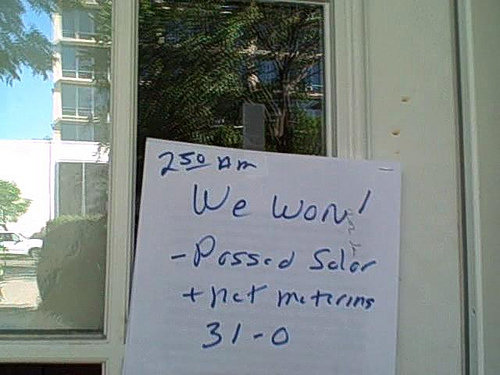 Last night at 11:58 pm (wink, wink),
Last night at 11:58 pm (wink, wink), 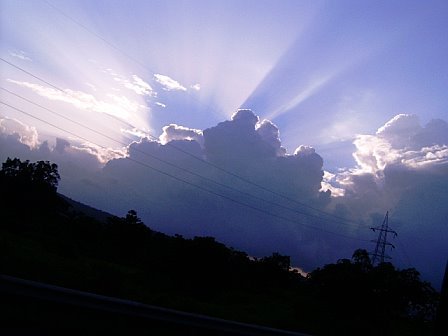 This afternoon, the Senate has
This afternoon, the Senate has 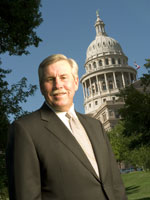 During these dark, cloudy times at the Texas legislature, Senator Fraser can shine a ray of hope into the Senate chamber. He can create a pool of $500 million in solar rebates over the next 5 years, start a pilot program to put solar on schools, and create as many as thousands of green, local jobs in one fell swoop. He can fix net metering so that individuals get a fair buy-back for the excess electricity they produce and actually have an incentive to shell out the cash for a new solar installation. He can also ensure that Texas ends up with an additional 500 MW of non-wind renewables.
During these dark, cloudy times at the Texas legislature, Senator Fraser can shine a ray of hope into the Senate chamber. He can create a pool of $500 million in solar rebates over the next 5 years, start a pilot program to put solar on schools, and create as many as thousands of green, local jobs in one fell swoop. He can fix net metering so that individuals get a fair buy-back for the excess electricity they produce and actually have an incentive to shell out the cash for a new solar installation. He can also ensure that Texas ends up with an additional 500 MW of non-wind renewables.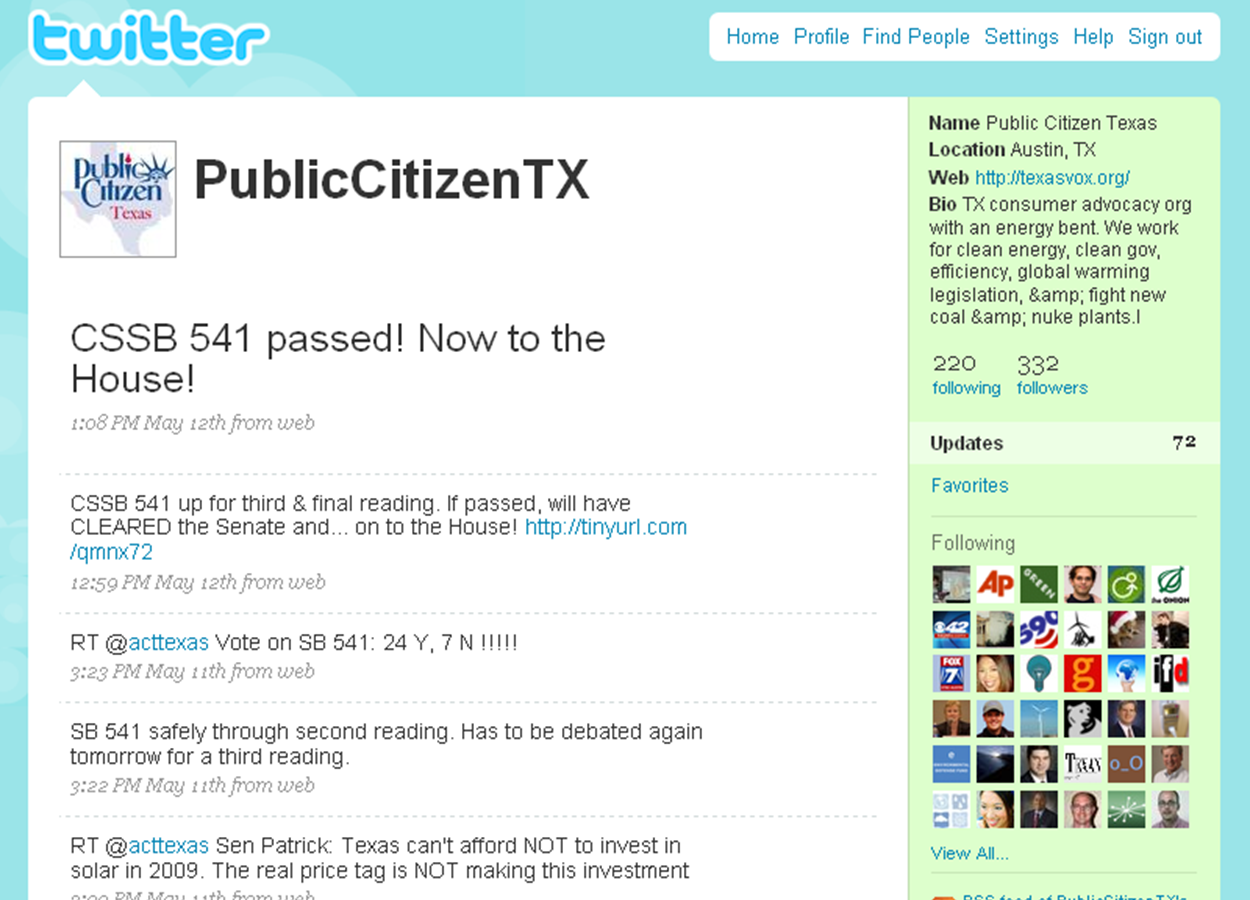
 Fraser’s solar bill, SB 545, just passed out of the Senate floor with a vote of 26 to 4.
Fraser’s solar bill, SB 545, just passed out of the Senate floor with a vote of 26 to 4.
 Good mooooooorning Texas! Just woke up, haven’t even gotten out of my pajamas or had my coffee (okay, I’m running a little late), but I couldn’t wait a moment longer to spread the good news. We’ve hit the big Times.
Good mooooooorning Texas! Just woke up, haven’t even gotten out of my pajamas or had my coffee (okay, I’m running a little late), but I couldn’t wait a moment longer to spread the good news. We’ve hit the big Times.

